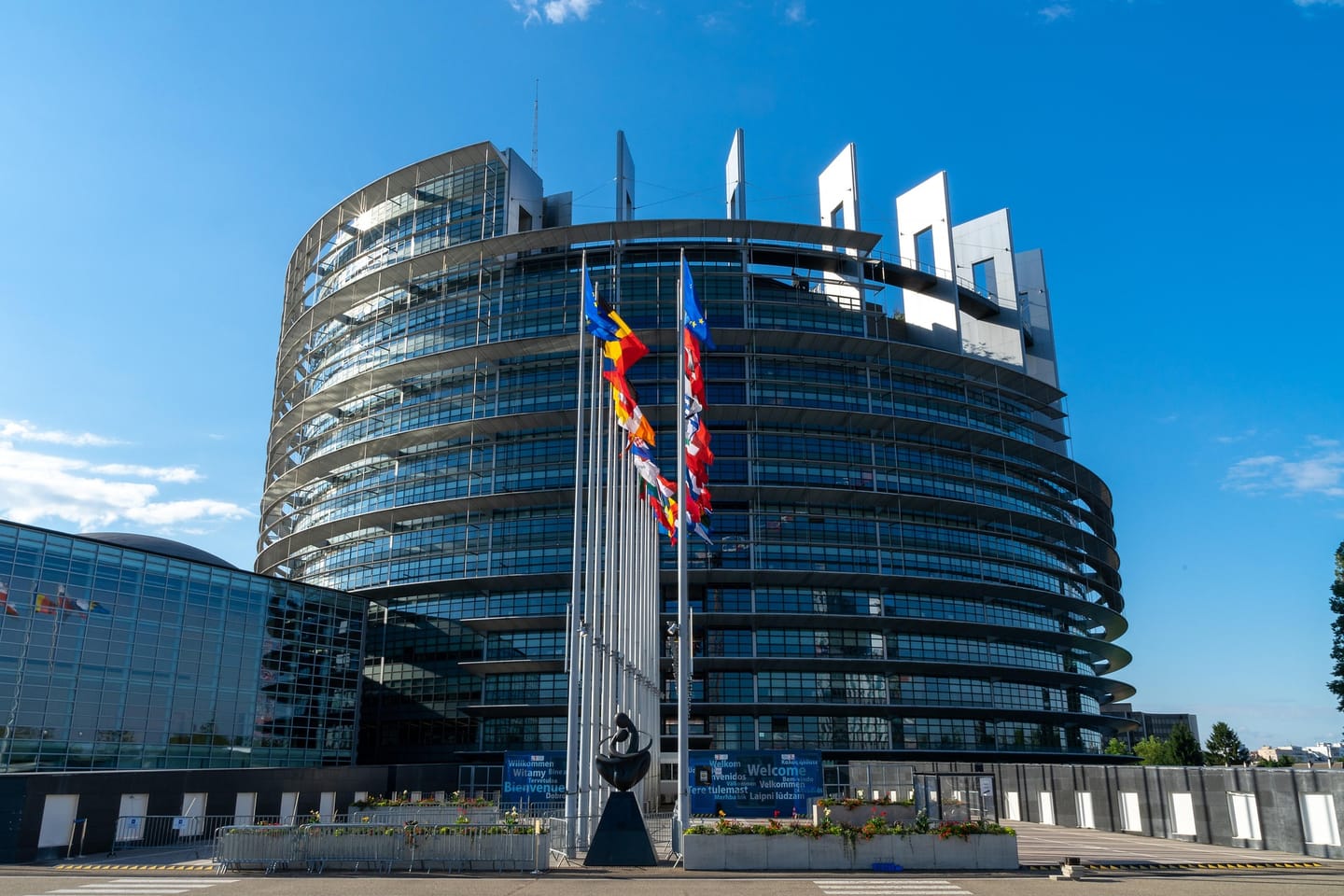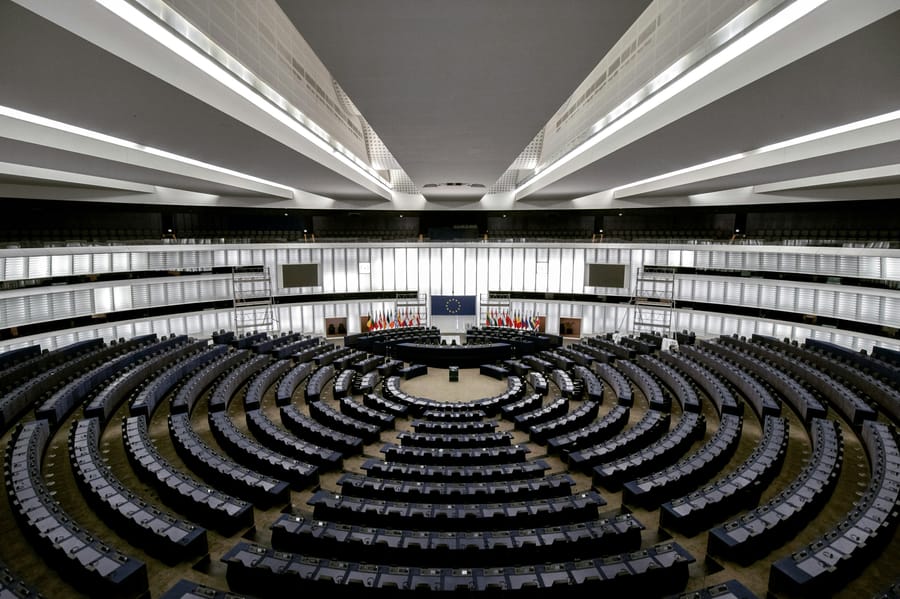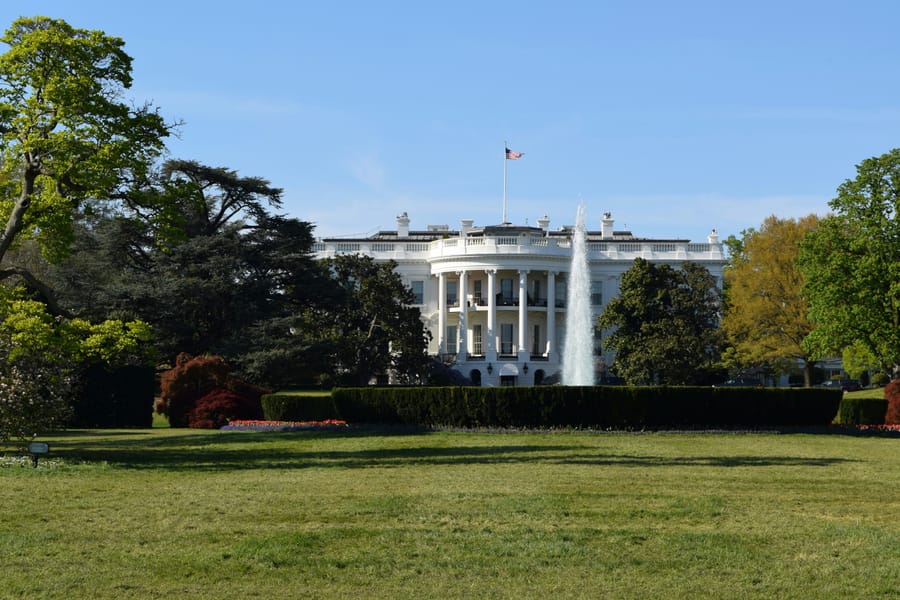The European Commission has secured widespread support from US Big Tech and other AI leaders for its General-Purpose AI Code of Practice, a voluntary tool to ensure compliance with the EU's landmark AI Act. August 2, 2025, marked a new key date in the rollout of the EU's artificial intelligence rule book, which becomes fully applicable on the same date in 2026. From the 2nd of August onwards, the developers of leading AI models such as OpenAI, Google and Microsoft will have to live by a set of rules on transparency, copyright and safety, and by opting for the Commission's code of practice, they are choosing to play nice with Brussels.
The code, developed by a group of 13 academics, details how companies would publicly disclose which data was used to train their model, their planned compliance with EU copyright law, and how they would deal with the most serious risks such as loss-of-control scenarios. There was significant resistance during the process, particularly from Google and Meta, who publicly criticized early drafts of the text—Google's top lobbyist Kent Walker slammed the set of voluntary rules as a step in the wrong direction in February 2025. However, Google's stance shifted, with Walker stating that the company would sign the code and that the final version comes closer to supporting Europe's innovation and economic goals than when it began.
Google and other supporting companies expressed concerns about the code's potential to slow technological advances around AI. Walker stated that departures from EU copyright law, steps that slow approvals, or requirements that expose trade secrets could chill European model development and deployment, harming Europe's competitiveness. Meta remained the only significant holdout, with Kaplan criticising "the EU's inconsistent, restrictive and self-defeating approach to AI" in a post on LinkedIn. Chief executives of large European companies, including Airbus and BNP Paribas, urged a two-year pause by Brussels, warning that unclear and overlapping regulations were threatening the bloc's competitiveness in the global AI race. At the same time, representatives from across the media, music, film & TV, books and publishing, and art worlds feared that the new AI regulations would solely benefit the AI companies that scrape their content without permission to build and train models.
Sources:
1.
Politico Europe · 2025
2.

3.










